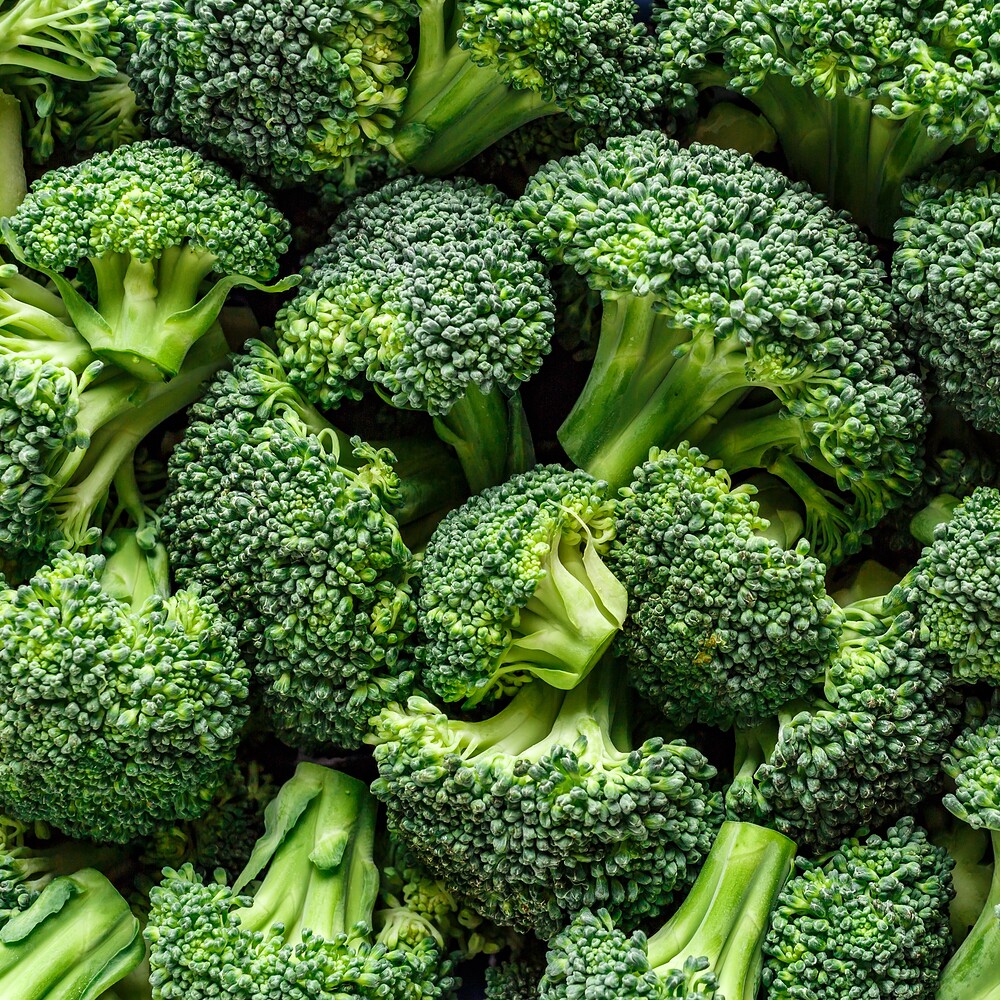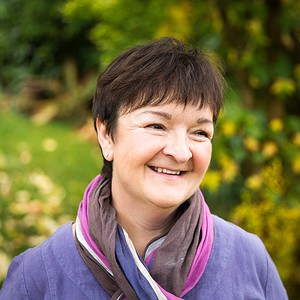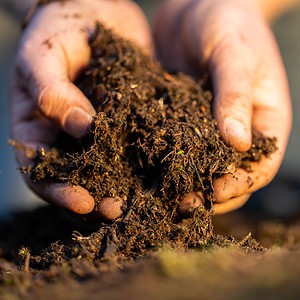Published on 1st April 2018
Eating cruciferous vegetables – including broccoli, cauliflower, cabbage and Brussels sprouts – could have heart health benefits for older women, according to research published in the Journal of the American Heart Association.
Australian research involving more than 950 women aged 70 and older found that those who ate the most vegetables (three or more servings per day) had thinner (average, 0.036 mm; 4.6 per cent) carotid artery walls than those eating less than two servings per day. Artery wall thickness is a subclinical measure of atherosclerosis and is linked to risk of heart attack and stroke. When looking at specific types of vegetables, cruciferous vegetables were found to provide the most benefits. However, no association was found between the severity of plaque deposits in the carotid artery and total vegetable intake or intake of vegetable types.
The researchers used food frequency questionnaires to assess vegetable intake, and vegetables were grouped into the following five categories: cruciferous; allium (onion, leek, and garlic); yellow/orange/red (tomato, capsicum, beetroot, carrot, and pumpkin); leafy green (lettuce and other salad greens, celery, silver beet, and spinach); and legumes (peas, green beans, bean sprouts, alfalfa sprouts, baked beans, soy beans, soy bean curd and tofu, and other beans). Sonograms were used to measure carotid artery wall thickness and to determine carotid plaque severity.
Although the study was able to show a correlation between diet and hardening of the carotid artery, it cannot prove that higher vegetable intake caused a reduction in artery wall thickness. Also, it did not provide evidence as to whether or to what extent it impacted incidence of stroke or heart attack. However, as hardening of the carotid artery is one of several risk factors for stroke and heart attack, including cruciferous vegetables in our diet may be beneficial specifically against these diseases. The authors concluded that: “increasing vegetables within the diet with a focus on consuming cruciferous vegetables may protect against subclinical atherosclerosis [artery thickening that has not yet caused a stroke] in older adult women”.
Read more articles and recipes
Reference:
-
http://jaha.ahajournals.org/content/7/8/e008391






